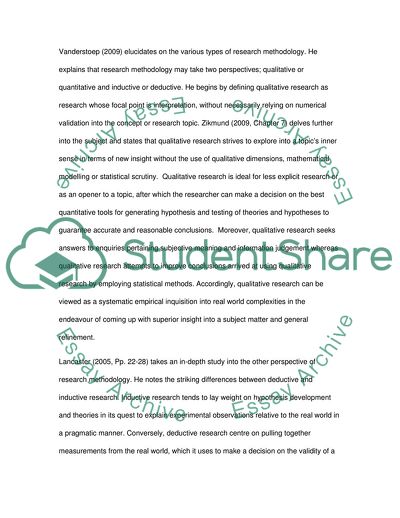Cite this document
(E-Government and E-Democracy Systems Research Paper Example | Topics and Well Written Essays - 1750 words, n.d.)
E-Government and E-Democracy Systems Research Paper Example | Topics and Well Written Essays - 1750 words. https://studentshare.org/information-technology/1779875-dissertation-report-chapter-3-methodology
E-Government and E-Democracy Systems Research Paper Example | Topics and Well Written Essays - 1750 words. https://studentshare.org/information-technology/1779875-dissertation-report-chapter-3-methodology
(E-Government and E-Democracy Systems Research Paper Example | Topics and Well Written Essays - 1750 Words)
E-Government and E-Democracy Systems Research Paper Example | Topics and Well Written Essays - 1750 Words. https://studentshare.org/information-technology/1779875-dissertation-report-chapter-3-methodology.
E-Government and E-Democracy Systems Research Paper Example | Topics and Well Written Essays - 1750 Words. https://studentshare.org/information-technology/1779875-dissertation-report-chapter-3-methodology.
“E-Government and E-Democracy Systems Research Paper Example | Topics and Well Written Essays - 1750 Words”. https://studentshare.org/information-technology/1779875-dissertation-report-chapter-3-methodology.


